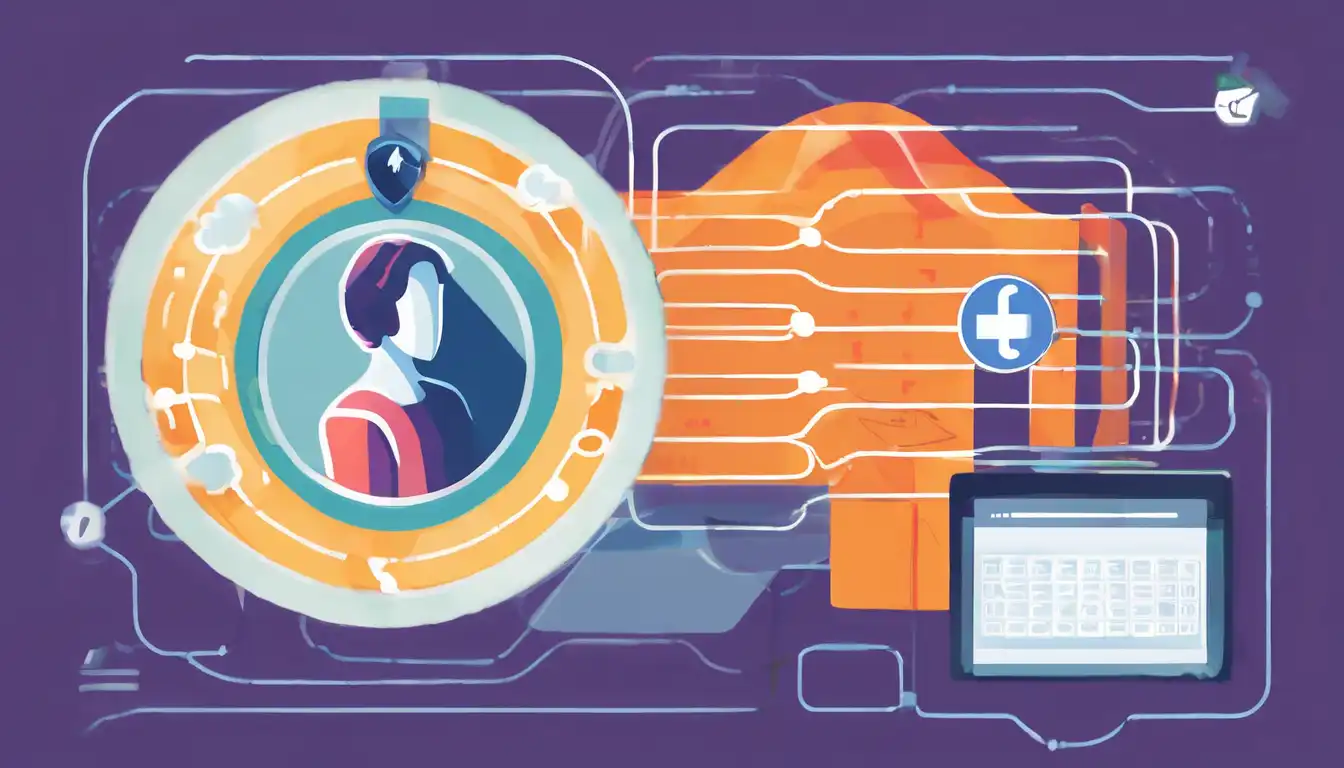Why VPNs Are Crucial for Online Privacy
In today's digital age, protecting your online privacy has never been more important. With cyber threats on the rise, a Virtual Private Network (VPN) serves as a critical tool in safeguarding your internet activity from prying eyes. This guide will explore the ins and outs of VPNs and how they contribute to your online privacy.
What Is a VPN?
A VPN is a service that encrypts your internet connection and hides your IP address, making your online actions virtually untraceable. This not only secures your data from hackers but also allows you to browse the internet anonymously.
How Does a VPN Protect Your Privacy?
By routing your connection through a secure server, a VPN masks your IP address, making it difficult for third parties to track your online activities or steal your data. This is especially important when using public Wi-Fi networks, which are often unsecured.
Choosing the Right VPN for Your Needs
Not all VPNs are created equal. Here are some factors to consider when selecting a VPN service:
- Security Features: Look for VPNs with strong encryption protocols and a no-logs policy.
- Server Locations: More server locations mean better speed and access to geo-restricted content.
- Speed: A good VPN should not significantly slow down your internet connection.
- Price: Compare pricing plans to find a VPN that offers the best value for your needs.
The Role of VPNs in Bypassing Geo-Restrictions
One of the added benefits of using a VPN is the ability to access content that may be restricted in your country. By connecting to a server in a different location, you can enjoy a wider range of online content, from streaming services to news websites.
Common Misconceptions About VPNs
Despite their benefits, there are several misconceptions about VPNs that can deter users from taking advantage of this technology. Here are a few myths debunked:
- VPNs Are Only for Tech Savvy: Modern VPNs are user-friendly and can be set up with just a few clicks.
- VPNs Slow Down Your Internet: While some speed reduction is inevitable, premium VPNs minimize this impact.
- VPNs Are Illegal: In most countries, using a VPN is perfectly legal, though it's important to use them responsibly.
Final Thoughts on VPNs and Online Privacy
In conclusion, a VPN is an essential tool for anyone looking to enhance their online privacy and security. Whether you're concerned about data theft, censorship, or simply value your anonymity online, investing in a reliable VPN service is a step in the right direction. Remember, in the digital world, your privacy is in your hands.
For more insights on protecting your digital life, explore our technology section for the latest tips and trends.
